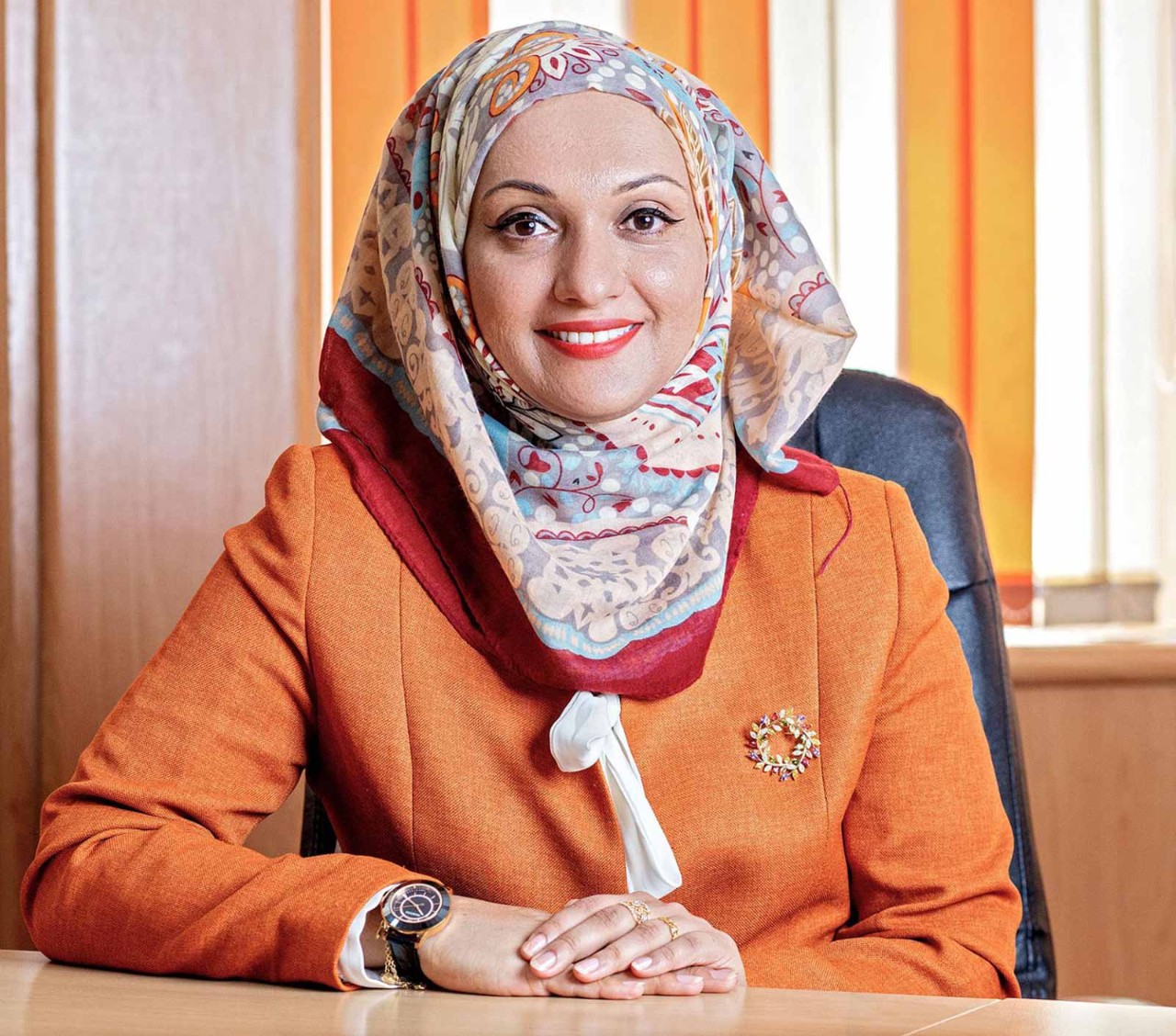
The Covid-19 pandemic has pushed millions into extreme poverty. It hit informal businesses in emerging markets and developing economies particularly hard by forcing the closure of many activities in the service sector, where such untaxed and unmonitored businesses are concentrated.
But the informal economy itself undermines governments’ ability to bring about national and global recovery. Through their tax avoidance, informal businesses in sub-Saharan Africa deny states the revenues they need, not only to fund fiscal and monetary stimuli post-Covid (packages range from about 0.02% of GDP in South Sudan to 10.4% in South Africa) and support for businesses, but also for public services and infrastructure improvement and development, including more robust public health systems capable of containing and rolling back health emergencies like Covid.
Sub-Saharan Africa has the world’s biggest informal sector
Tax drives GDP
The World Bank measured the informal sector in emerging markets and developing economies as a percentage of GDP between 2000 and 2018. It found that government revenues were 5–12 percentage points lower in those with an above-average level of informality than in those with below-average informality. Of the world’s six emerging market and developing economy regions, the highest rate of informality is to be found in sub-Saharan Africa.
Countries with larger informal sectors have lower per-capita incomes, greater poverty, less financial development and weaker growth in output, investment and productivity. The informal sector in emerging markets and developing economies makes up 70% of total employment and one-third of national output. Informal enterprises constitute 72% of businesses in the service sector.
Deterrents to compliance
One of the biggest challenges facing sub-Saharan African governments is the ability to convince unregistered potential taxpayers of the important development role that taxes play. A lack of such awareness means that many SMEs in the informal sector fail to register with the revenue authorities, or refuse to provide information to them. It’s an attitude that may be fuelled by a general aversion to paying tax, which is often related to widespread perceptions of corruption and a lack of clarity over the use of public money. Overly complex tax laws and rules can also reduce compliance rates.
A recent Afrobarometer survey conducted in 30 African countries, found that 52% of respondents believe people in their country ‘often’ or ‘always’ avoid paying taxes, a big rise on the 29% who held that opinion a decade earlier.
The survey also found that on average 61% of respondents find it ‘difficult’ or ‘very difficult’ to find out what taxes or fees they are supposed to pay, which is a particularly serious issue in Guinea (86%), Malawi (85%), Senegal (77%), Uganda (76%), Kenya (75%) and Gabon (75%).
An average of 77% of respondents on average find it difficult to discover how their taxes are used by government – a particularly serious issue in Guinea (92%), Gabon (91%), Kenya (88%), Malawi (87%) and Senegal (86%).
On average, across 30 countries, respondents’ perception of corruption among tax officials over the past decade has significantly increased in 11 countries, with double-digit rises in Senegal, Guinea, South Africa and Tunisia.
More than half believe people in their country ‘often’ or ‘always’ avoid paying taxes
Tax education
A lack of tax knowledge is a key determinant of compliance. To increase compliance and boost revenue mobilisation, education on the purpose of taxation and how to pay is critical.
Accountants can play a significant part in the education process through engagement with informal SMEs and citizens. The following are some of the ways in which they can get involved:
- Participate in a network to support others in understanding taxation.
- Visit a secondary school and talk about the importance of paying taxes.
- Join a radio phone-in to advise citizens about the importance of paying taxes.
- Provide tax training and seminars.
- Participate in a mobile educational tax unit.
- Take part in a local campaign to promote the filing of taxes.
Rebuilding the post-Covid global economy will require the application of every possible resource of economic power. Bringing the informal sector into the taxpayer fold is key to meeting the challenge successfully and is particularly urgent in sub-Saharan Africa. It’s a battle that professional accountants can do much to help win.
More information
Read the OECD’s 2021 report on taxpayer education initiatives Building Tax Culture, Compliance and Citizenship
Read The Long Shadow of Informality, the World Bank’s take on how to tackle the challenges of the informal economy



